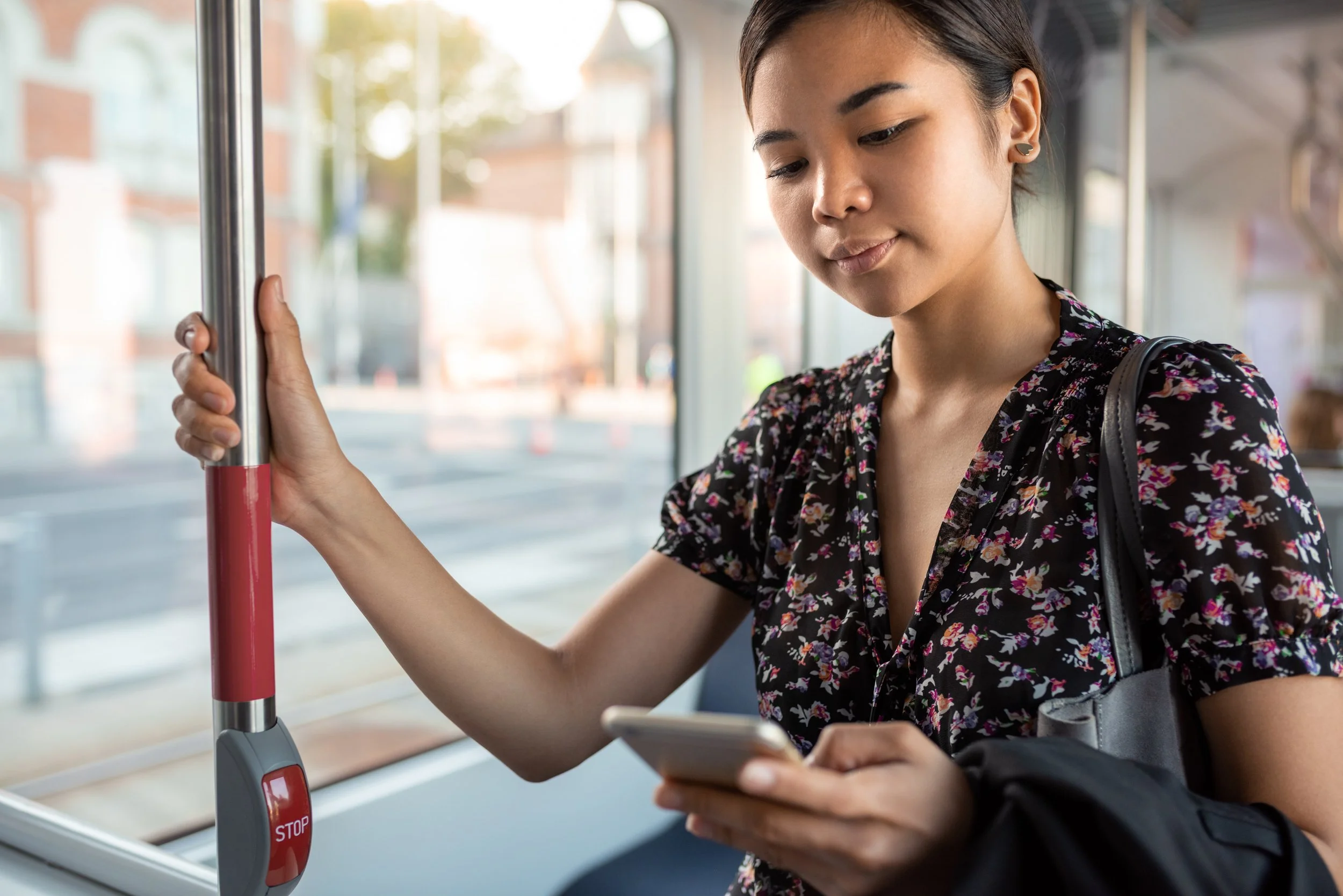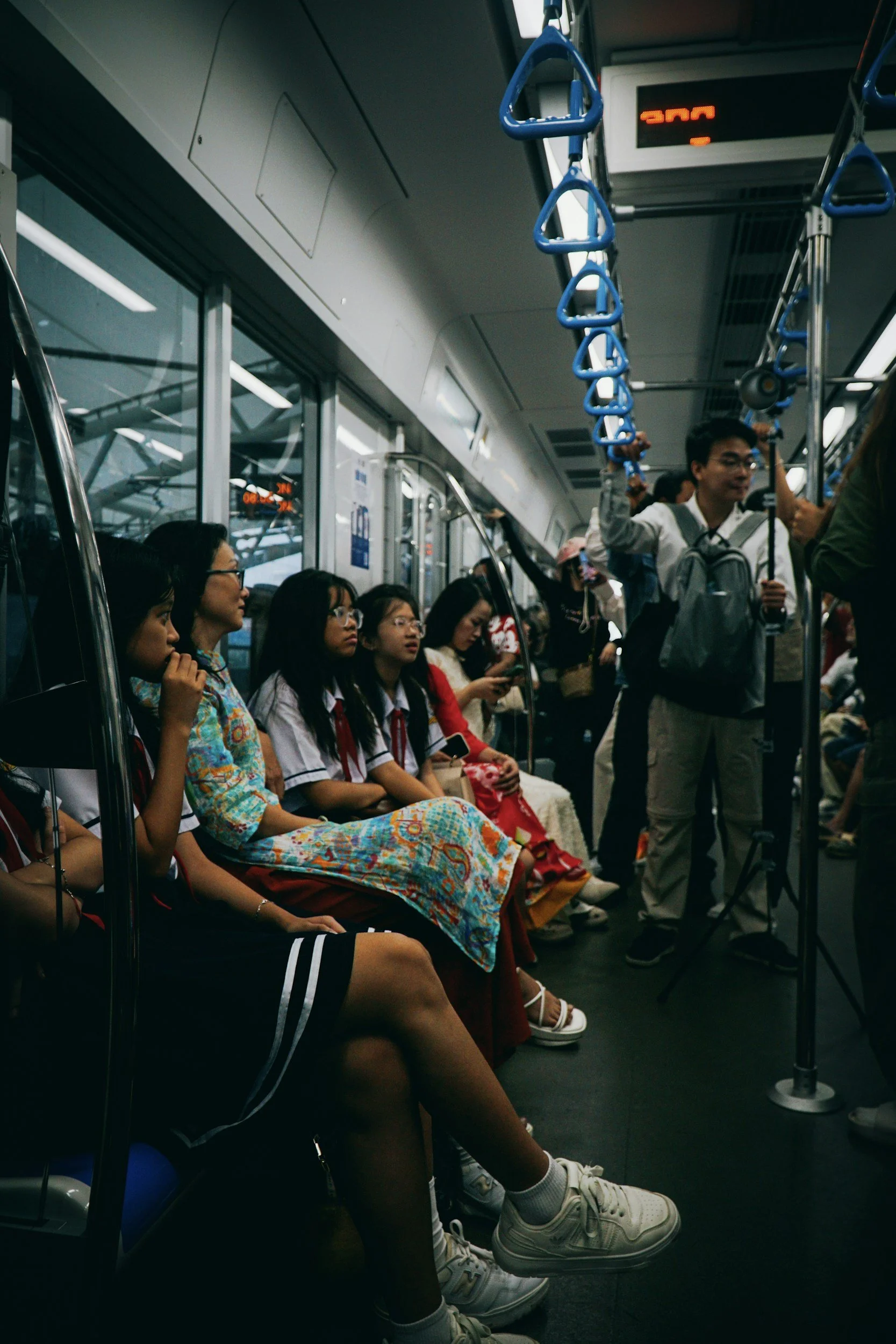Transportation Equity
All residents—regardless of age, race, ethnicity, ability, or income—should be able to navigate their community safely using modes of transportation that promote healthy individuals and communities, including walking, rolling, and riding transit. Hawaiʻi Appleseed advances this mission through research and advocacy for equitable transportation policy.
Easily connect with the lawmakers that represent you and send a pre-loaded message with just a few clicks.
2026 Legislative Priorities
-
Incentivize the counties to establish free transit programs for youth (under 18), through allocation of the General Fund, State Highway Fund, or the development of a new continuous funding source.
-
Require that the Hawaiʻi Department of Transportation (HDOT), in coordination with the county transportation departments, install leading pedestrian intervals (LPIs) at a certain number of intersections each year, and where signals are installed/replaced.
Signal improvements should also include Accessible Pedestrian Signals to accommodate low-vision pedestrians.
-
Decrease jaywalking fines as a way to reduce the cycle of debt that results from traffic fines and fees imposed on pedestrians.
-
Eliminate or reduce the amount of parking that counties can impose on new development. Outdated parking mandates tie the cost of shelter to the storage of cars, making housing less affordable and limiting choices for residents who rely on walking, biking or transit.
-
Require police enforcement to collect certain socio demographic data for all stops, and provide yearly reports.
The goal of this policy is to increase transparency of policing in Hawaiʻi, and to better understand racial biases that exist in local policing, particularly traffic enforcement.






Those in opposition argued that public transit is generally used by those from lower-income households, and that increasing bus fares would add to the struggles of Hawaiʻi’s high cost of living.